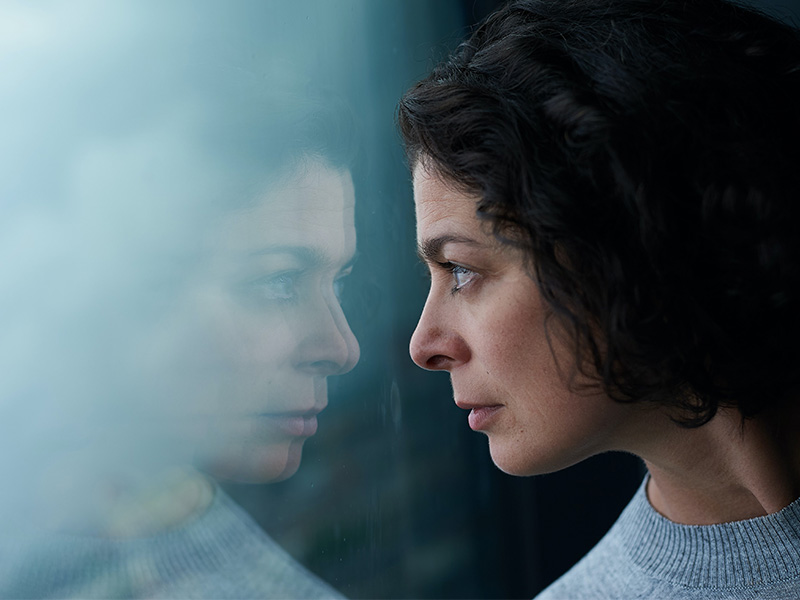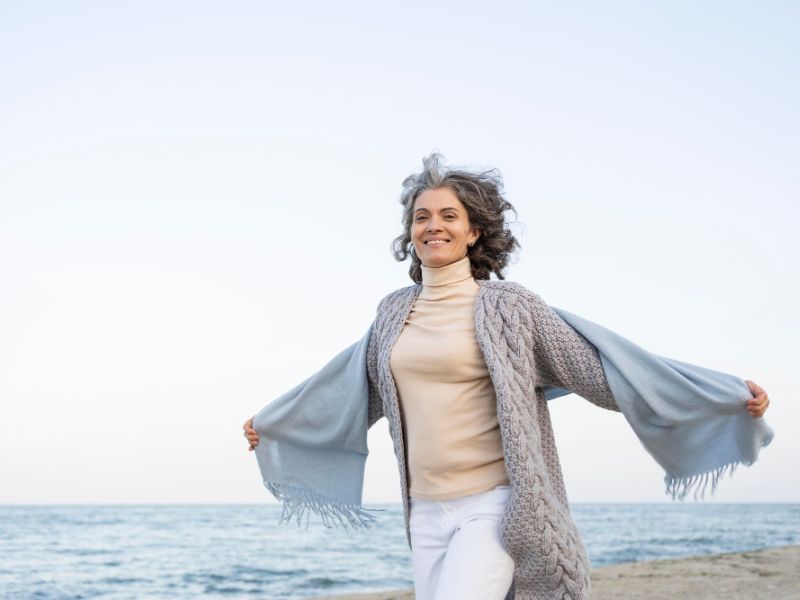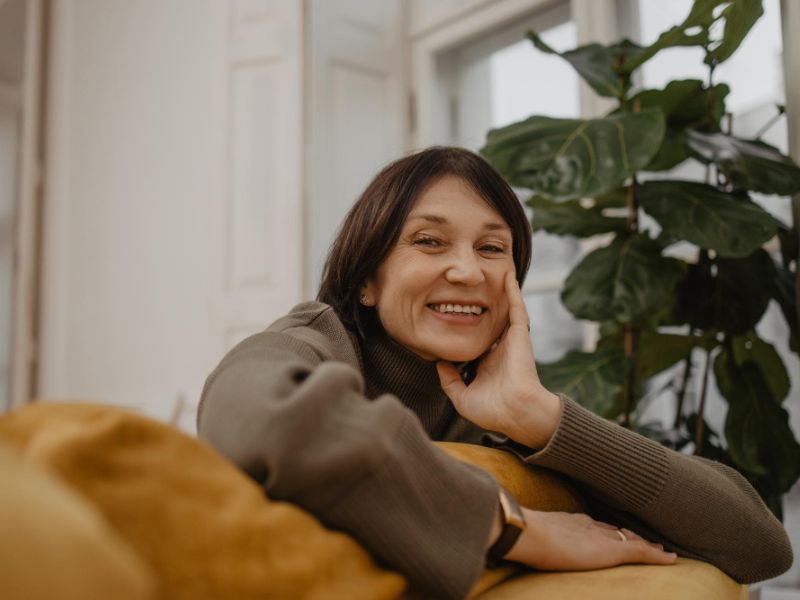Dissatisfaction with NHS menopause treatment is leading to more women seeking help privately, a new study has revealed.
In the past 12 months, there has been a five-fold increase in women going private for their menopause care – up from just 2% in 2021 to 11% in 2022. A further third of women say they would consider seeing a private specialist (compared to 17% in 2001).
Fuelling this increase is unhappiness with the service their NHS GP can offer – four out of 10 women rated their NHS experience as poor or very poor, compared to just one in 10 in 2021. Nearly three out of 10 said they did not feel supported by the NHS/their GP when it came to their menopause health and only 6% rated their NHS experience as excellent, compared to 19% a year ago.
The study, carried out by the Online Menopause Centre, questioned women in 2021 and then again in 2022 to find out their attitudes towards menopause care in the UK and how these have changed over the past 12 months.
Despite women being more receptive to taking hormone replacement therapy (HRT) than they were a year ago, due to fewer concerns about side-effects and breast cancer risk, there has been an increase in women being prescribed anti-depressants as a treatment option (13% in 2022 compared to 5% in 2021).
The research also showed an increase in women taking different forms of HRT, with more turning to compounded bio-identical hormone replacement therapy (which is personalised to the individual).
Commenting on the findings, menopause specialist and founder of the Online Menopause Centre Dr Laila Kaikavoosi said: “One of the positives of the past year, thanks to increased media and celebrity exposure, is that more women are aware of the menopause and are seeking help. The downside is that NHS has seen a surge in demand and it can be incredibly difficult for GPs to keep up with this demand, especially when they have so many patients with other health needs. As a result, more women are now seeking specialist help from a menopause expert who is specially trained in this field.
“It is also good to see women having more confidence in HRT as a treatment option to manage their symptoms but what is deeply concerning is the increase in patients being prescribed anti-depressants – these do not address the root of the problem which is the hormone imbalances that women experience during the menopause and perimenopause.
“What is encouraging though is that more women are receptive to different forms of HRT, in particular personalised treatment, which could be driven by recent shortages of fixed-dose HRT products.”
Around 13 million women in the UK are currently menopausal or perimenopausal – equivalent to a third of the entire female population.
An increasing number of women say that brain fog/poor memory or focus is the symptom that affects them most (48% in 2022 vs 34% in 2021), followed by weight gain (45% vs 40%), sleep difficulties (44% vs 43%), change in mood (43% vs 23%), hot flushes/night sweats (40% vs 35%), fatigue (40% vs 33%) and loss of libido (30% vs 27%)
The comparison study found that women felt there was still not enough information on perimenopause/menopause available (63% in 2022, 47% in 2021), despite the health issue having greater media prominence in the last 12 months.
The Annual Menopause Reports were carried out by the Online Menopause Centre in 2021 and 2022. Both reports were based on research carried out by Zing Insights, which surveyed 464 (2022) and 455 (2021) women aged between 35-64 years old across the UK.
Full copies of the reports can be found here.
 About the author
About the author
Dr Laila Kaikavoosi is a GP and leading expert in the field of menopause and has helped tens of thousands of women to reach their optimal health and hormonal balance by offering them the most up-to-date, unbiased and individualised treatment options. She is the founder of the Online Menopause Centre.
About the online menopause centre
OMC provides virtual video consultations and individually tailored treatment plans to menopausal and perimenopausal women. Rated outstanding by the Care Quality Commission (CQC) for its management and governance, OMC was established by GP and menopause expert Dr Laila Kaikavoosi, who has treated and helped tens of thousands of women suffering from the menopause and menopause-related conditions. Dr Kaikavoosi set up the specialist service to offer wider treatment options to those suffering from the impact of the menopause. She also wanted to provide an option for those women who are time poor due to work or family commitments and may struggle to attend conventional face-to-face medical consultations.









